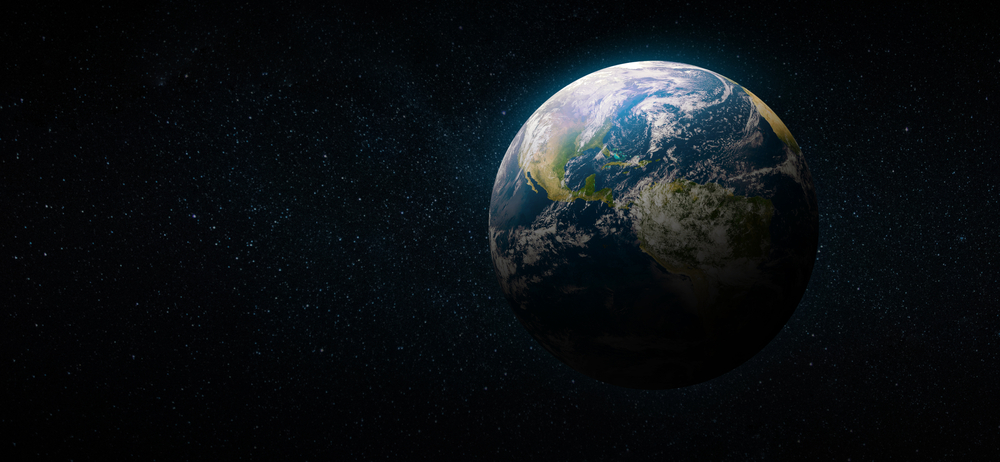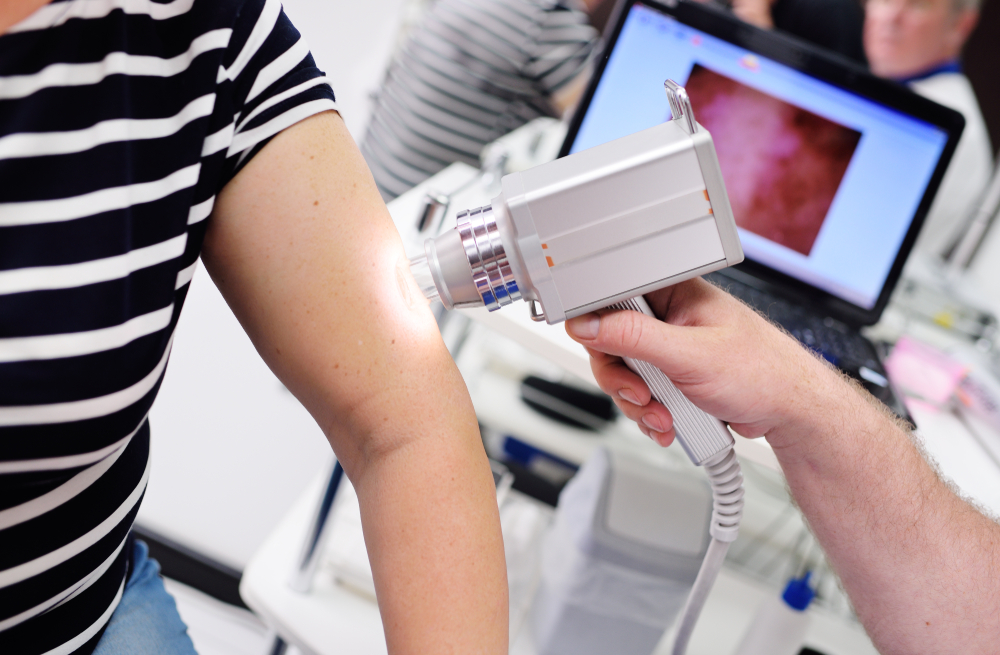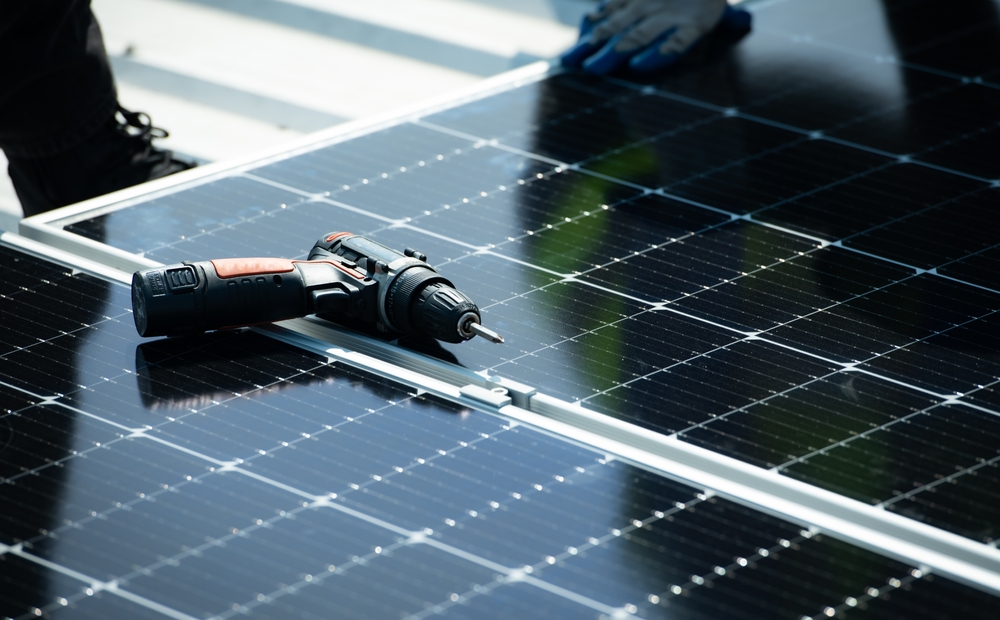Bernard Lown invented the defibrillator, saving the lives of countless heart attack victims. He won the Nobel Peace Prize for his ongoing campaign against nuclear weapons. And at 86, he’s still delivering shocks to the system.
Marco Visscher | June 2008 issue
The décor of Bernard Lown’s home in Newton, Massachusetts, a peaceful, green suburb of Boston, is certainly different. It’s largely a collection of handwritten thank you notes, exotic art objects and curios from patients. Some patients he treated himself; others are complete strangers. But because Lown discovered in the 1960s that heart attacks could be combated by giving the patient an electric shock using his defibrillator, he’s saved the lives of countless people he’s never met.
He may, in fact, have saved the lives of many more who didn’t suffer from heart problems. After all, during the Cold War, Lown tirelessly dedicated himself to stopping the nuclear arms race. The many framed photos on his walls hark back to that time: Lown shaking hands with former Russian leader Mikhail Gorbachev, Lown standing at the speaker’s platform to accept the Nobel Peace Prize in 1985.
His house is a kind of showcase for the miraculous life story of an ambitious cardiologist who became involved in a political battle to avert an apocalyptic war. It’s a battle he appeared to have won, but wishes to restart. The reason? He too-often hears skepticism in a question regularly asked: “Nuclear weapons? Do we still need to worry about them?”
Absolutely, he says. “It’s true that the number of nuclear weapons has decreased substantially. But what’s the significance of that if there used to be 4 tons of TNT per person and now there’s ‘only’ 1 ton? It’s still something to shout about. But everybody has gone to sleep, thinking the nuclear weapons have been destroyed. There’s no public awareness.” Which is why he wrote Prescription for Survival: A Doctor’s Journey to End Nuclear Madness, to be published by Berrett-Koehler this summer, just after Lown’s 87th birthday.
Occasionally we read about the nuclear weapons programs of countries like Iran and North Korea. The threat can be heard in the tone of newspaper articles and the tough language of U.S. defense experts and human-rights organizations. But according to Lown, this attention is misplaced. “It will be immediately known where such a weapon comes from, so these countries will be wiped out right away [if they launch nuclear missiles]. Would any nation really risk that?!”
Lown believes the greatest danger comes from the country with the largest arsenal: the United States. Although he sees no reason why the Americans would want to use them, the buildup of nuclear weapons in the U.S. bears grave consequences. “Other countries might think, If the U.S. can have nuclear weapons, we should have them too. Or they might think, If a country with such military might feels insecure without nuclear weapons, we should definitely have those too. The mere existence of nuclear weapons possessed by the few promotes proliferation by the many. And when they begin to proliferate, these weapons will ultimately fall into the hands of terrorists who will surely use them. What’s worse is that the present American government doesn’t want to negotiate to reach agreements to reduce the likelihood of a nuclear confrontation.”
We’re drinking tea with cookies at the kitchen table. But Lown isn’t interested in tea and cookies. His voice grows increasingly angry, reflecting his agitation. “You know what? We’ve defeated Hitler, the enemy of mankind, but we’ve adopted his machinery for industrialized murder. Why aren’t we out on the street protesting? Aren’t you an accomplice if you remain silent, knowing there’s a genocide threatening?”
Nuclear weapons didn’t initially appear to be the area in which Lown would develop an expertise. He was 13 when his parents fled the persecution of Jews in Lithuania and settled on the U.S. East Coast. He later studied medicine at John Hopkins University in Baltimore, Maryland. He became an assistant professor at the Harvard School of Public Health and opened his own medical practice. He was working hard deepening his insights into sudden cardiac death and had received funds for laboratory work.
Then he learned of the danger of nuclear weapons. It was 1961. Lown was invited to listen to Philip Noel-Baker, a British member of parliament who had won the Nobel Peace Prize. Noel-Baker was speaking in the nearby town of Cambridge about the nuclear arms race, a topic in which Lown was only moderately interested. But that evening, when Lown had finally allowed himself to be convinced, the message hit him like a ton of bricks: If nuclear weapons continued to pile up, they would ultimately be used. And if nuclear weapons were used, life on our planet would be destroyed. Noel-Baker said it was unlikely humanity would survive the 20th century.
In his book, Lown writes of that evening. “I was shaken by an ironic paradox. I was spending every waking moment to contain the problem of sudden cardiac death, a condition that claimed an American life every 90 seconds, and far greater numbers throughout the world. It dawned on me that the greatest threat to human survival was not cardiac but nuclear. After the lecture, this troubling thought rarely left me.”
When he got back home to Newton, Lown immediately invited a number of physicians to meet with him. At 40, Lown was the oldest. They discussed the issue in detail and in an article published in 1962 in The New England Journal of Medicine, the doctors, who joined together with Lown as chairperson to form the Physicians for Social Responsibility (PSR), made a provocative argument to dramatize their cause. If the government continued to put lives at risk by failing to renounce nuclear weapons, they argued, euthanasia should be legalized. The PSR’s point was that without it, doctors couldn’t do their job: to alleviate human suffering.
Lown sometimes went a bit far, not only according to his friends and colleagues but in the eyes of his wife Louise, who also played an active role in the peace movement. “If he noticed that others weren’t as involved as he was,” she says, “he sometimes accused them of not loving their children enough.” Not terribly subtle, perhaps, but effective. After such confrontations, apathy could turn into a passionate alliance with the good cause.
Still, Lown isn’t known for his attacks, but his ability to forge an equitable friendship, even with those who theoretically belong in the enemy camp. He calls this “the friendship strategy.” As he says, “You cannot sustain peace by talking only with your friends. You need to talk with your enemy.”
In 1980, that insight became the foundation for the organization he set up and for which he would win the Nobel Peace Prize: International Physicians for the Prevention of Nuclear War (IPPNW). Represented in 60 countries, IPPNW unites tens of thousands of doctors, nurses and medical students who speak out for a nuclear-free world.
Lown’s strategy: Bring together American and Russian doctors and show the world they get along just fine. The idea seemed absurd. Lown had become a renowned cardiologist. He enjoyed prestige, but could still vividly remember how the hunt for communists during the 1950s had hurt him too, barring his access to a few important positions. Was Lown putting his reputation on the line by seeking co-operation with the Russians?
Lown remained unyielding. “The Russians I had met on my travels were peaceful. They were kind people, who were afraid of war.” So all kinds of events were organized to bring the sworn enemies together–from scientific conferences to informal kayaking competitions. Journalists were always on hand to report how the physicians were demonstrating that peaceful relations were possible.
The work of IPPNW was having an impact, but Lown was still surprised in 1985 when his organization was included on the short list for the Nobel Peace Prize. He was even more surprised when it appeared, against all expectations, that he’d be accepting the prize together with Yevgeny Chazov. Chazov, with whom Lown had developed a friendship and co-chaired IPPNW, had been the physician to the Kremlin’s leaders for years. The jury felt the organization had done “a considerable service to mankind by spreading authoritative information and by creating an awareness of the catastrophic consequences of atomic war.”
The Nobel committee was heavily criticized for its choice. Newspapers wrote acerbic commentaries, suggesting the winners were hypocrites because they offered the Russians too much praise for their cautious start to phasing out their nuclear weapons program. Perhaps, they wrote, IPPNW had been fabricated by the Moscow propaganda machine.
“So there I was, at the most important moment of my life,” Lown says triumphantly. “While I was speaking at the press conference a day before the event, someone in the audience had a heart attack!” He still hardly believes it, more than 20 years later: A Russian reporter went into cardiac arrest. Lown and Chazov rushed to the man and began efforts to save him. A defibrillator was brought in and although the rescue effort appeared unsuccessful for some time, the man survived.
Sitting at his kitchen table, Lown paraphrases what he said later during a press conference. “I told them we had just witnessed what the profession of a doctor is all about. When faced with a dire emergency of sudden cardiac arrest, doctors do not inquire whether the patient was a good person or a criminal. We respond not as ideologues, nor as Russians or Americans, but as doctors. The only thing that matters is saving a human life. And I told them that’s why politicians should stop playing around with these nuclear weapons.”
The next day, the newspaper headlines stated the Nobel doctors had saved a life and public opinion completely shifted: Lown and Chazov were heroes.
Two years later, then-U.S. President Ronald Reagan and then-Soviet President Mikhail Gorbachev signed a historic nuclear arms reduction treaty. Lown has the last page of that treaty at his home. On it, Gorbachev wrote by hand, “Thank you so much, Bernard, for what you’ve done.”
Lown doesn’t believe the story ends there. He’s horrified by the war talk that has become everyday conversation in the U.S. under the Bush administration. “It seems like they’re looking for excuses to finally use the bombs we’ve been producing for so long. We’re not in Iraq because of our love of democracy. If so, we would’ve been in Latin America or China too. It’s all about resources. We steal it–and I don’t mean just oil–and then we say, look, we’re so smart and rich. But we keep poor countries indebted so their people are starving. I don’t see what’s so smart about that.”
According to Lown, the terrible conditions in the world’s poor countries–hunger, sickness, pollution–are the direct result of the priority politicians give to a powerful military. In his view, disarmament and development are inextricably linked.
Lown hopes his story will refresh the memories of a younger generation, because the new threat is just as real to him as the old one. “Whenever people suffer amnesia, history repeats itself,” says Lown. “If we remember the lessons from history, we can take preventive action.” His own life lesson? “A mix of hard-headed optimism and passionate commitment can change the course of human history.”
As we say goodbye, I notice a framed cartoon on the wall that is telling. Bernard Lown is depicted with an olive branch in his hand, between enormous tanks belonging to NATO and the Soviets. The pen strokes used to sketch his face show no trace of heroism, self-confidence, mortal fear or any of the other emotions you might expect when someone is standing in the line of fire. His look is one of resignation: Here I am because this is where I need to be.
Standing in the doorway of his home, Lown concludes, “I just hope my life exemplifies that anybody can make a difference.”











